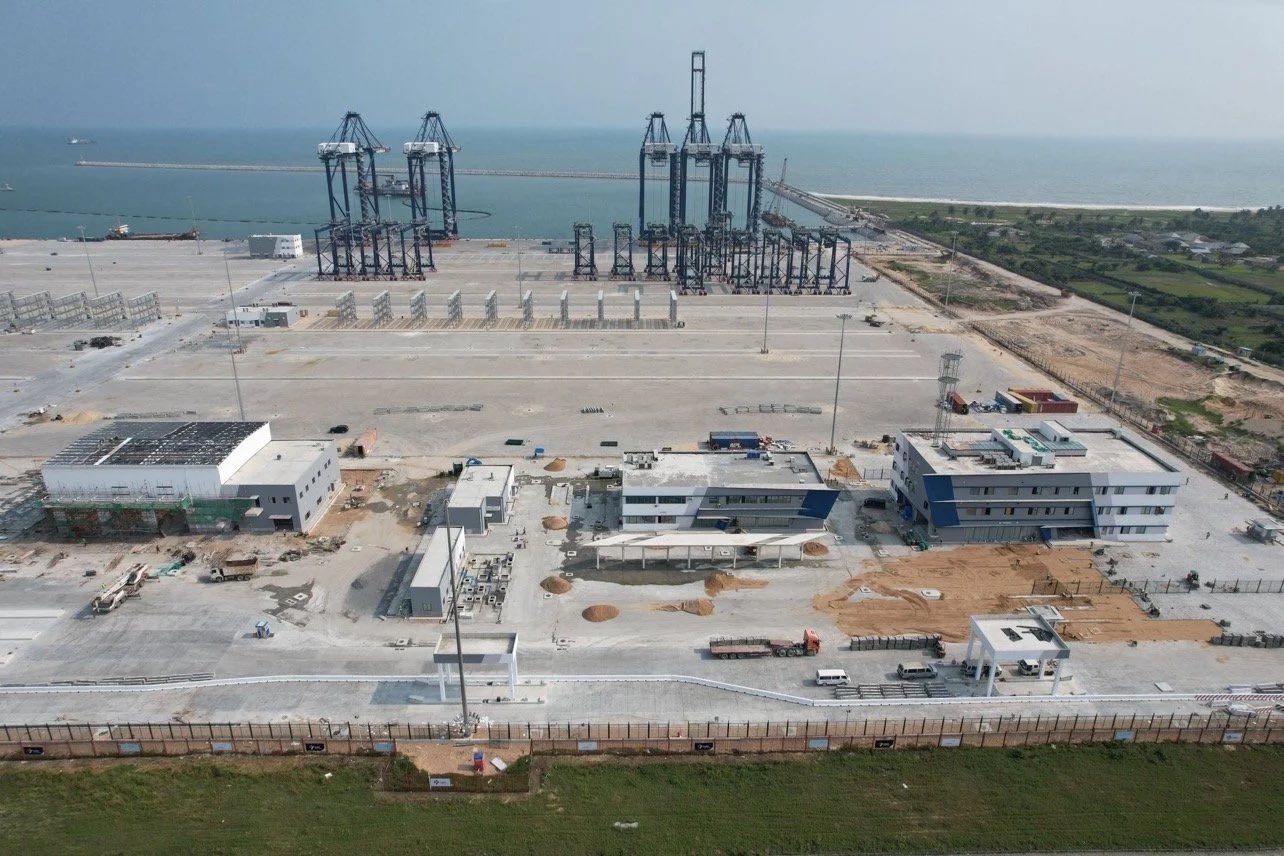- Milost Plans $1 Billion Investment in Nigerian Bank
Milost Global Inc. is looking to inject as much as $1 billion to recapitalize Nigeria’s Unity Bank Plc, which is struggling to build buffers after a slowdown in Africa’s biggest economy, according to two people familiar with the matter.
New York-based Milost offered to invest $700 million in equity and $300 million in five-year bonds that can be converted into shares in the Nigerian lender, said one of the people, who asked not to be identified as talks are confidential. The private-equity firm will get an initial stake of about 30 percent in the Lagos-based bank in exchange for its first equity investment of $250 million, the person said.
The transaction is still subject to a due diligence as well as regulatory approvals, the people said. The first part of the deal may be completed in the second quarter, one of the people said. The rest of the cash will be drawn down in intervals over a period of four years, provided Unity Bank has sufficient shares to issue to Milost, one of the people said.
Some small- and mid-sized Nigerian lenders are battling to rebuild capital levels after a slump in oil prices triggered a foreign-currency shortage and a contraction in the country’s economy in 2016 made it difficult for businesses to repay loans. Unity Bank, which was formed out of the merger of nine banks between December 2005 and March 2006, said in April last year that it is in talks to sell its non-performing loans to avoid penalties after missing a deadline set by regulators on its recapitalization plans.
Signs of Life
An investment in Unity Bank will be Milost’s third in a publicly traded Nigerian company since it agreed to pump $350 million into oil-services company Japaul Oil & Maritime Services Plc in February and to provide a $250 million financing facility to Resort Savings & Loans Plc. Several calls to the numbers listed on Milost’s website went unanswered.
The private-equity firm is targeting companies that trade at less than half of their intrinsic value using a facility combining debt and equity that it calls the Milost Equity Subscription Agreement, it said in an emailed statement on Monday.
Milost buys shares of a company at a minimum 50 percent premium to its market value, and then pegs this price over the next 90 days. If the stock fails to exceed this threshold, the target company will pay the difference to Milost in the form of extra stock, and a penalty of 10 percent to 20 percent of the discount that the share is trading at over a five-day period, it said.
‘Growth Instrument’
“The Milost Equity Subscription Agreement is a growth instrument that creates and builds confidence in the stock of the companies in which it invests,” the company said. The targeted company cannot draw down the full committed facility in one tranche and is only allowed to use it from time to time over a three- to five-year period, with Milost eyeing a seven- to nine-year horizon for an exit, it said.
Milost is taking a bet on Unity Bank as the economy of Africa’s largest oil producer shows signs of recovering from a recession after three straight quarters of expansion in gross domestic product, which the International Monetary Fund estimates will grow 2.1 percent this year.
Net income at Unity Bank slid almost 54 percent to 2.18 billion naira ($6.1 million) in the 12 months through December 2016, with assets of 493 billion naira, according to the company’s latest annual report. Its NPLs stood at 48 percent in 2016, when it reported its second straight year of negative capital adequacy ratios, the report showed. The stock has gained 10 percent this year, giving Unity Bank a market value of 15.8 billion naira.
Shares Fall
Nigeria’s banking regulator allows lenders to count certain classes of debt and equity among the buffers that they need to set aside to survive market turmoil without causing risk to the financial system. Capital adequacy ratios across the banking industry worsened to 11.51 percent in June from 14.78 percent a year earlier, according to the central bank.
Unity Bank’s shares fell 8.9 percent to 1.23 naira, its lowest since Jan. 25, amid a global selloff in equities. The stock has more than doubled over the past six months and is the third-best performer in the 162-member Nigeria Stock Exchange All Share Index.
The drop in Unity’s share price is probably linked to concerns that the Nigerian central bank will ease interest rates, which will make it harder for lenders to generate income by buying fixed-income securities, according to Omotola Abimbola, a banking analyst at Lagos-based Afrinvest West Africa. Some investors are also cashing in after the rally in the stock, he said.
Milost’s interest is positive for Unity because it will support the company’s capital base, making it possible for the bank “to be able to grow loans,” Abimbola said. “For an investor to say they’re putting their money into the bank, it shows they have a turnaround plan.”


 Forex4 weeks ago
Forex4 weeks ago
 Naira4 weeks ago
Naira4 weeks ago
 Billionaire Watch4 weeks ago
Billionaire Watch4 weeks ago



 Naira4 weeks ago
Naira4 weeks ago






 Naira3 weeks ago
Naira3 weeks ago


 Naira3 weeks ago
Naira3 weeks ago






 Naira2 weeks ago
Naira2 weeks ago
 Economy4 weeks ago
Economy4 weeks ago























